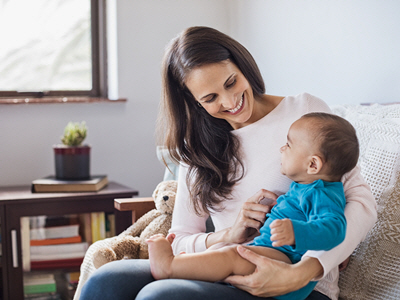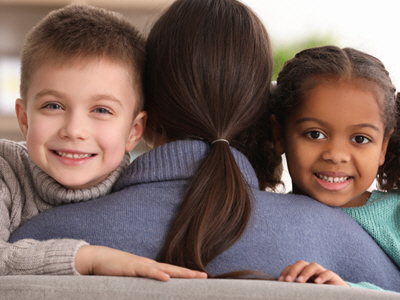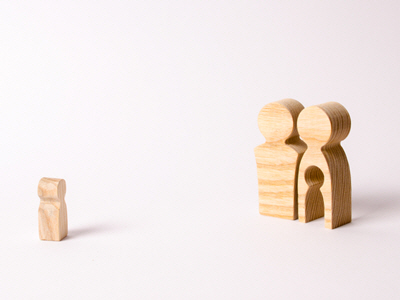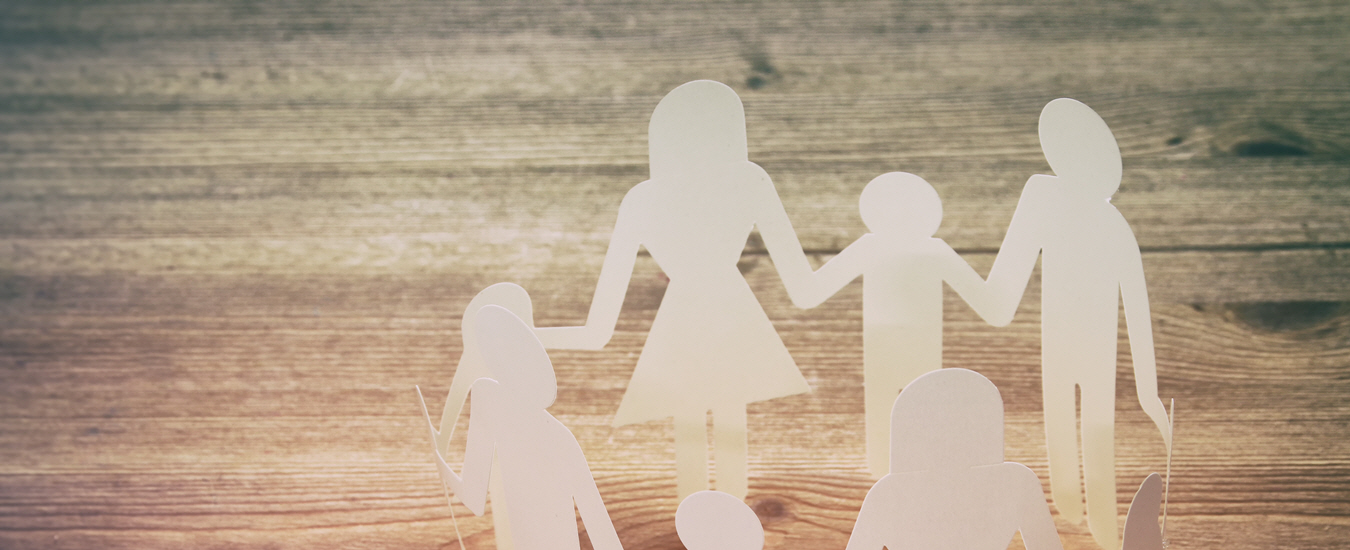There’s a beginning to every story.
 There was a why that led you to adoption, fueling excitement and purpose. When life gets hectic, and it doesn’t take long, we forget why we do the things that we do. Those positive feelings and outlook can easily be replaced with feeling overwhelmed and heading in an unexpected direction.
There was a why that led you to adoption, fueling excitement and purpose. When life gets hectic, and it doesn’t take long, we forget why we do the things that we do. Those positive feelings and outlook can easily be replaced with feeling overwhelmed and heading in an unexpected direction.
Starting the adoption process feels like a blur now.
Thankfully programs and churches have continued to grow in training and preparing families to begin the adoption process. However, sustaining parents and families years later after adoption can be more of a challenge.
 We need a refresher on what to expect.
We need a refresher on what to expect.
Whether your child was adopted at birth, through foster care, domestically or internationally – there are things to consider.
Biologically, we are affected when separated from our original attachment figure that carried and grew us for the first part of our life. Considering trauma in utero, abuse and neglect creates even more negative patterns in the wiring system. You can read more about TRAUMA here.
Children are not machines, of course!
But it helps to understand that before they even spoke their first word, threw a toy, and ignored house rules, that their bodies were affected outside of their control. As your child grows, they will begin to understand more about what it means to be adopted.
And their experience with adoption will change each time they master a new cognitive milestone. New questions and concerns may develop through this process.
 Therapy can beneficial to adopted kiddos and parents.
Therapy can beneficial to adopted kiddos and parents.
Issues of attachment, grief and loss, and self-esteem can be areas to work through in counseling. Since we can’t always see the biological affects, parents don’t understand the need for therapy until certain behaviors arise.
However, it’s never too early or too late to start! An experienced therapist can help assess the progress of attachment even when your child is still young. It also provides an opportunity for you to learn more about your own attachment style that you are bringing to the relationship.
Forming healthy attachments are possible with work.
I am a Trust-Based Relational Intervention® Educator and will help you learn how to regulate as parent so that you can strengthen your relationship with your child. TBRI can help with creating structure and includes activities in therapy to help make positive connections in the parent/child relationship to support the rewiring mentioned earlier. Parent coaching sessions are key in learning how to think about your child’s behavior differently and respond in a way that brings you closer together rather than further disconnection.
For the adult that is adopted.
You may not have had the opportunity to talk through your story in a safe place. Or maybe you went to therapy as a child but now that you are older there is more to sift through. Many adoptees struggle with their identity, managing various emotions towards adoptive and biological families, and have experienced trauma. My story does not include being adopted. It does include walking with many families that have adopted, providing respite care over the years, and working therapeutically with those that have been adopted. I believe everyone’s story and inner child deserves honor and reflection. I would love to be a part of that process with you.

